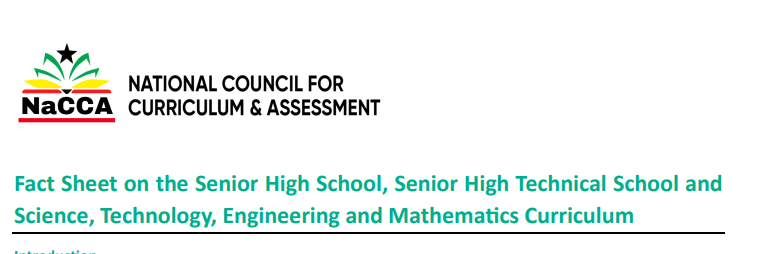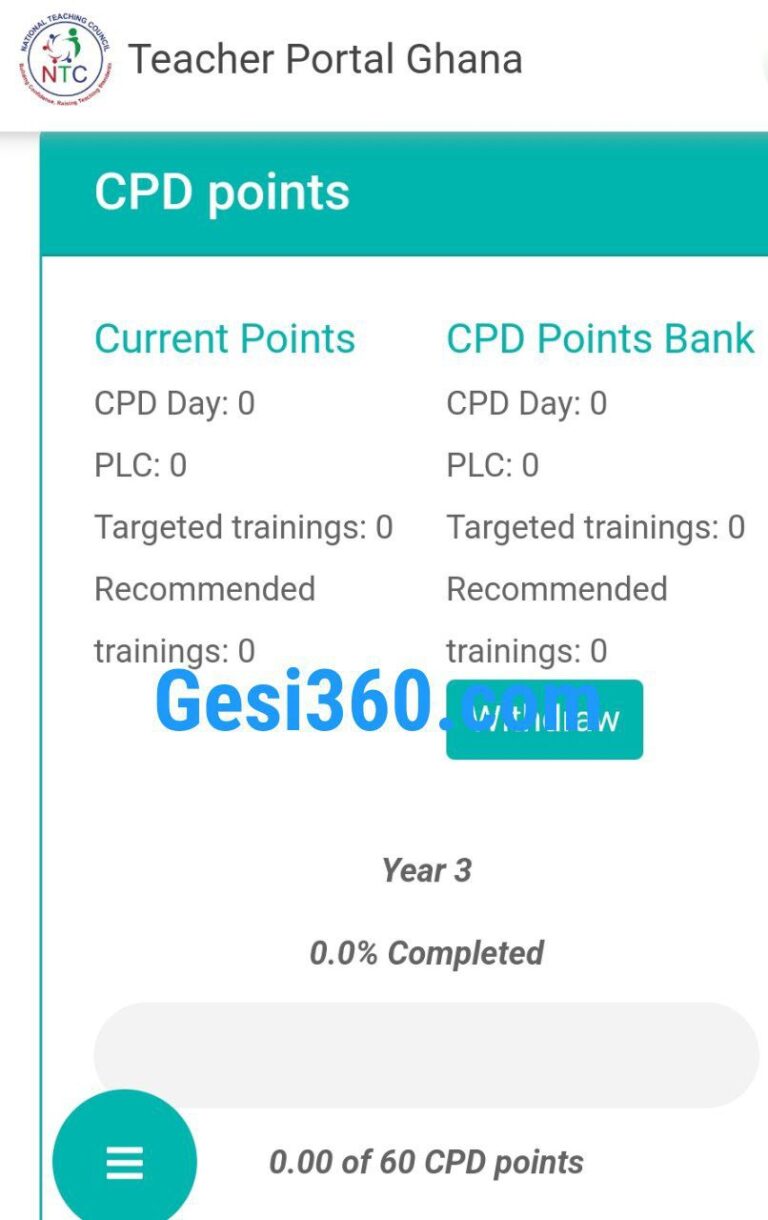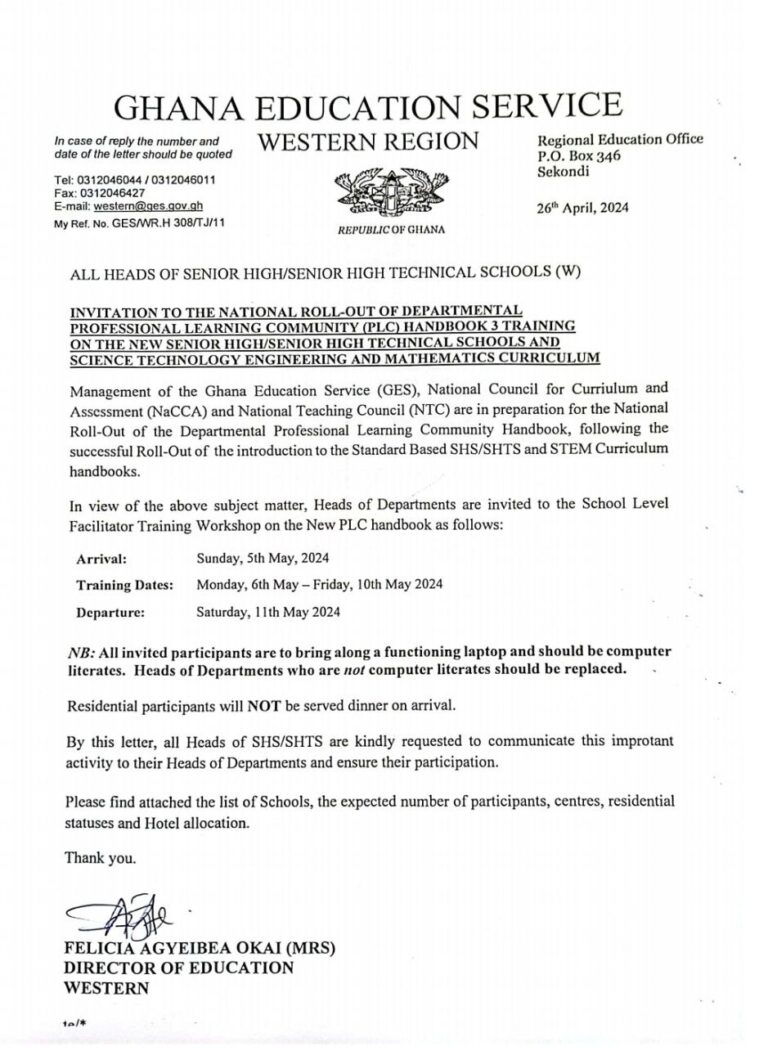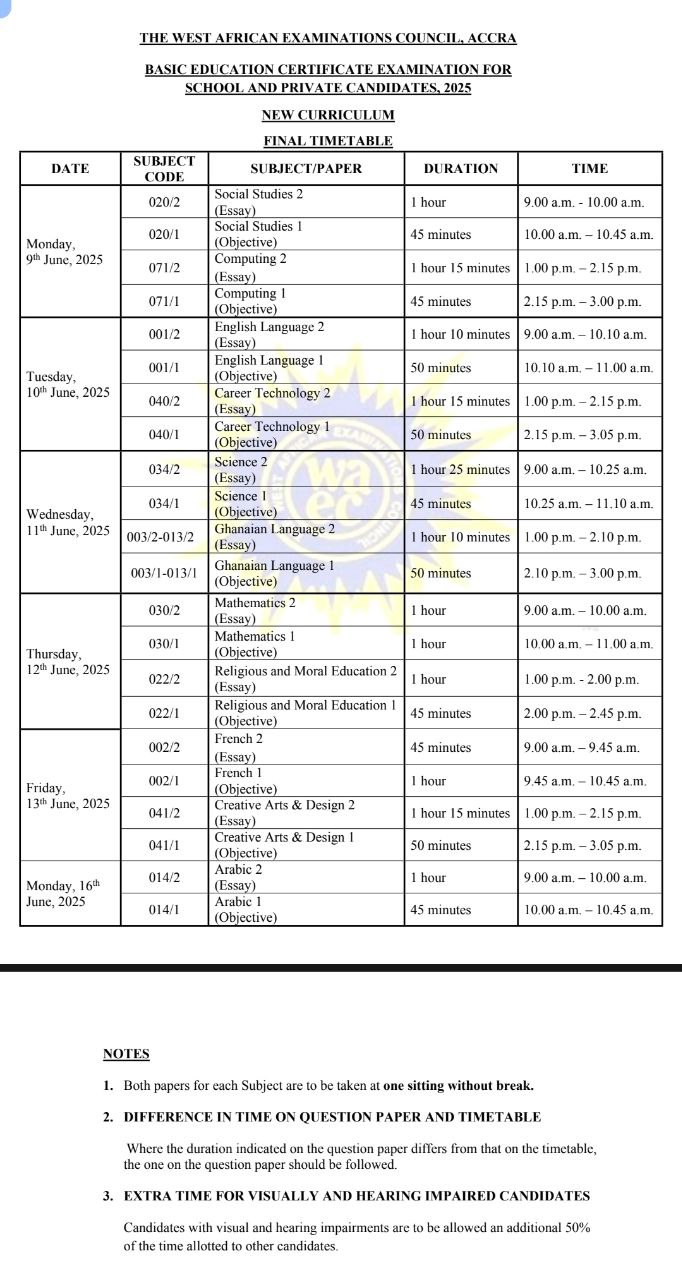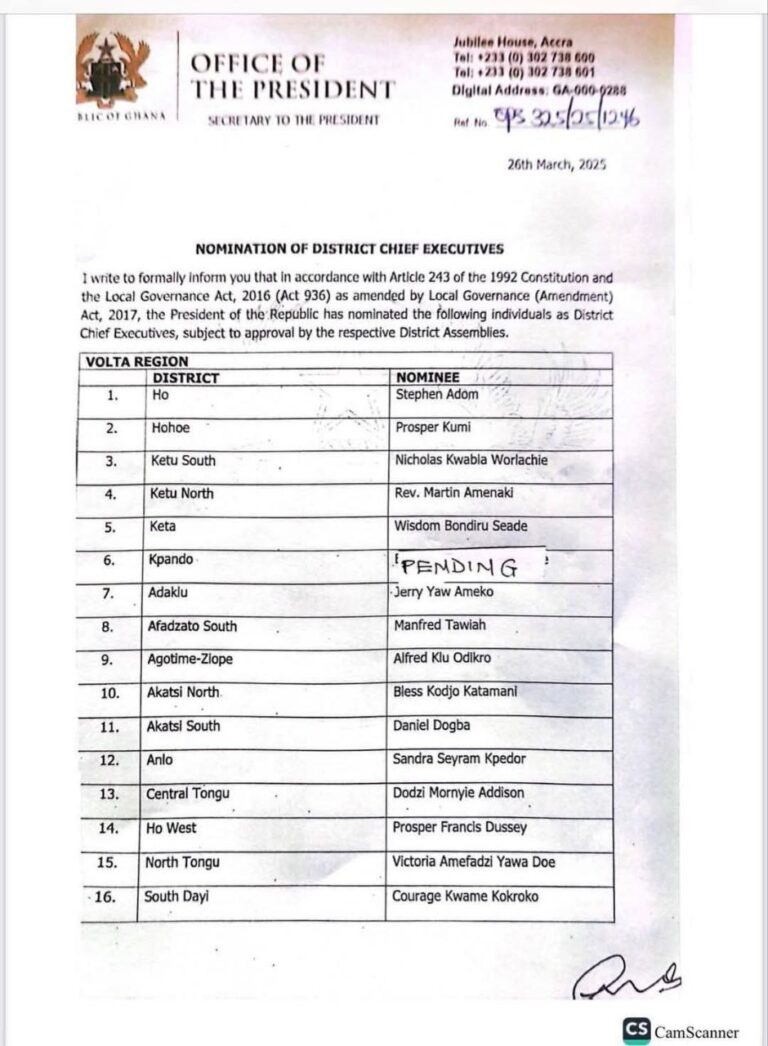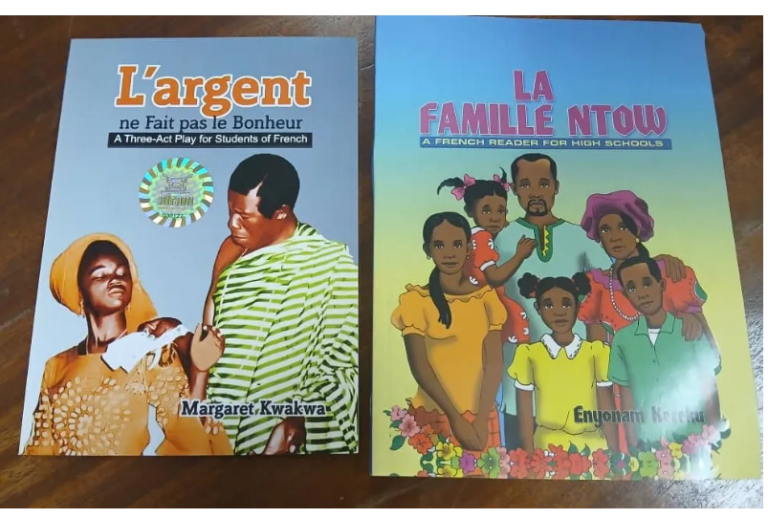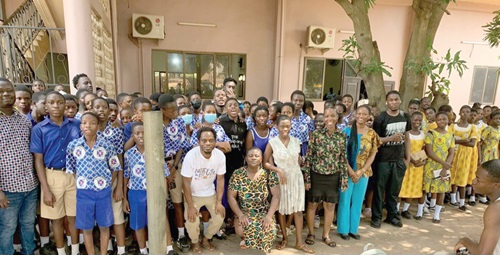State what You Know about the New SHS, SHTS and STEM Curriculum Learner-Centred Curriculum Each subject now...
Ghana Teaching Standards
What is New in the SHS, SHTS and STEM Curriculum Here are some of the New things...
All CPD Points Accumulated on Teachers Portal Has come Become 00 ; No cause for Alarm NTC...
Invitation For PLC Book 3 training ; Is Allowance Given for Coordinators Training The GES, NaCCA, NTC,...
Ghana National Teaching Standards NTS Overview The Standards describe values, attitudes, and what teachers should know and...

